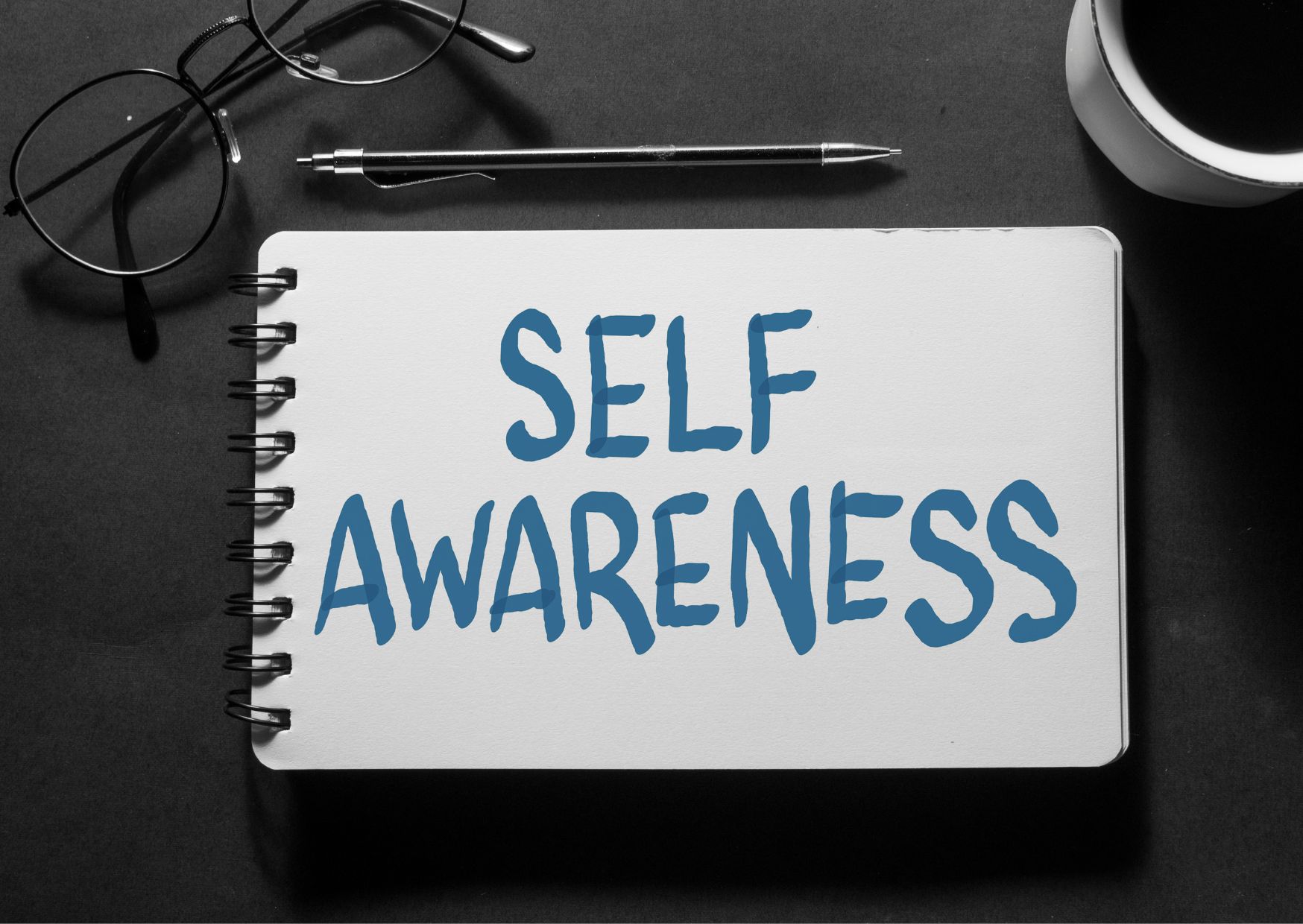
Why does self-awareness matter? Throughout every individual’s journey of transformation, there are challenges, some small and some seemingly insurmountable. Without self-awareness, we cannot hope to overcome these challenges, much less lead others in facing their struggles. The sense of self can vary greatly between one person and the next: wise and healthy leaders need to be intentionally developed in this area. There have been various stages of my own life where I felt self-aware, only to look back and realise that there was much I wasn’t seeing. Self-awareness is not some epiphany that comes once in a lifetime and gives all the insight one will ever need; it is a process of continual discovery, and growth of self-awareness often leads to even more questions to ask oneself.
So what can we do to develop self-awareness further?
1. Self-Reflection
Reflection is the first step. Making intentional time to reflect on ourselves, our relationships and the world around us is essential to developing self-awareness. This can look like journaling, praying, quiet walks or just meditating on where we are with our lives and ourselves. When most people experience conflict or struggles, they naturally find themselves thinking of the situation again and again throughout the day. However, taking some time to consciously reflect on the situation is much more effective than fuming for seconds at a time. Without this intentionality, our anger or stress can overwhelm our perspective and we can become focused on how others are to blame for the situation.
Matthew 7:3 says, “Why do you look at the speck of sawdust in your brother’s eye and pay no attention to the plank in your own eye?” This is a great example of a person who is lacking self-awareness. With some reflection, he might be able to see his own part in the situation, take ownership for his faults and find forgiveness for the faults of others.
2. Awareness of God
God knows us to our core and sees our truest self, flaws and all. He loves us unconditionally and perfectly. This is a perspective of ourselves that we can not find anywhere but through His eyes. Developing a strong relationship with Christ will help us to see ourselves as He sees us, with honesty, clarity and love. An identity founded in Christ not only lets us see who we are at this moment, but who we can be if we work alongside God for transformation.
We can begin by taking time to reflect with God. Ask God, ‘Search my heart’ and listen to what he is telling you and calling you to do. Making time for this relationship to deepen and grow, will also develop your self-awareness and personal identity.
3. Awareness of Others
It may sound counter intuitive to say that developing awareness of others will help you become more aware of yourself, but we often see others more clearly than we see ourselves, just as they can see us with a perspective that we don’t have. A mentor/supervisor/coach is an excellent way to get new perspectives from someone who is trustworthy and wise, but the perspective of your partner, your family, your mates, even loose acquaintances can shed new light on your situation and yourself. Surround yourself with people who are reflective, candid and caring.
We can learn about ourselves by observing others. We may see a friend or co-worker or client is shaking and sweaty and we can assume that they are nervous, frightened or perhaps ill. Are we observing ourselves with as much care? Sometimes, it is easier to shrug off our own feelings than to ignore the feelings of those around us. If we can see ourselves from an outside perspective, we gain a new understanding of ourselves and our feelings. It can help to treat yourself like your own mentee or client. Ask yourself, ‘What do I feel? What is my body telling me? What is causing this feeling?’
I’ve found this feelings wheel to be helpful when digging into complicated and nuanced emotions: https://feelingswheel.com/
How can I know if I am lacking self-awareness?
If you’re uncertain about your current self-awareness, there is a litmus test. I have found that there is a direct link between self-awareness and self-moderation, just as there is a link between self-awareness and self-reflection. These three elements are all connected; self-reflection builds self-awareness, self-awareness builds self-moderation. Of these, self-moderation is the easier to measure, so it makes for a good gauge. Look at the areas in your life that need moderation; are you prone to over-working? Over-eating or drinking? Too much screen time? Quick to anger? When your self-awareness is strong, you are able to see your habits and moderate them. If you are over-indulging in bad habits, it is a sign that some self-reflection is needed to build up awareness again.
Reflection:
- Am I making time for personal reflection and my relationship with God?
- How is my self-moderation right now? What habits should I look out for?
- Who can help me see what I don’t see?
What’s Next?
Take our seven-second health snapshot. How aware were you of the results before this assessment? https://vervelead.com/tools/#health-snapshot
Continue reading with these articles…
Recent Posts
Categories
- Coaching
- Emotional Health
- Empowering Transformative Action
- Flourish
- Gauges
- Grief
- Grief
- Healthy Emotional Intelligence
- Healthy Lifestyle
- Mature Disciple: foundational competency for mentoring
- Mentoring Excellence
- Professional Supervision
- Reduced Risk
- Replenish
- Resources
- Seasoned Christian Leadership
- Sustainable Life
- Thriving Relationships
- Uncategorized
- Videos
- Vital Spirituality
- Well-Being
- Well-Being Mentoring



